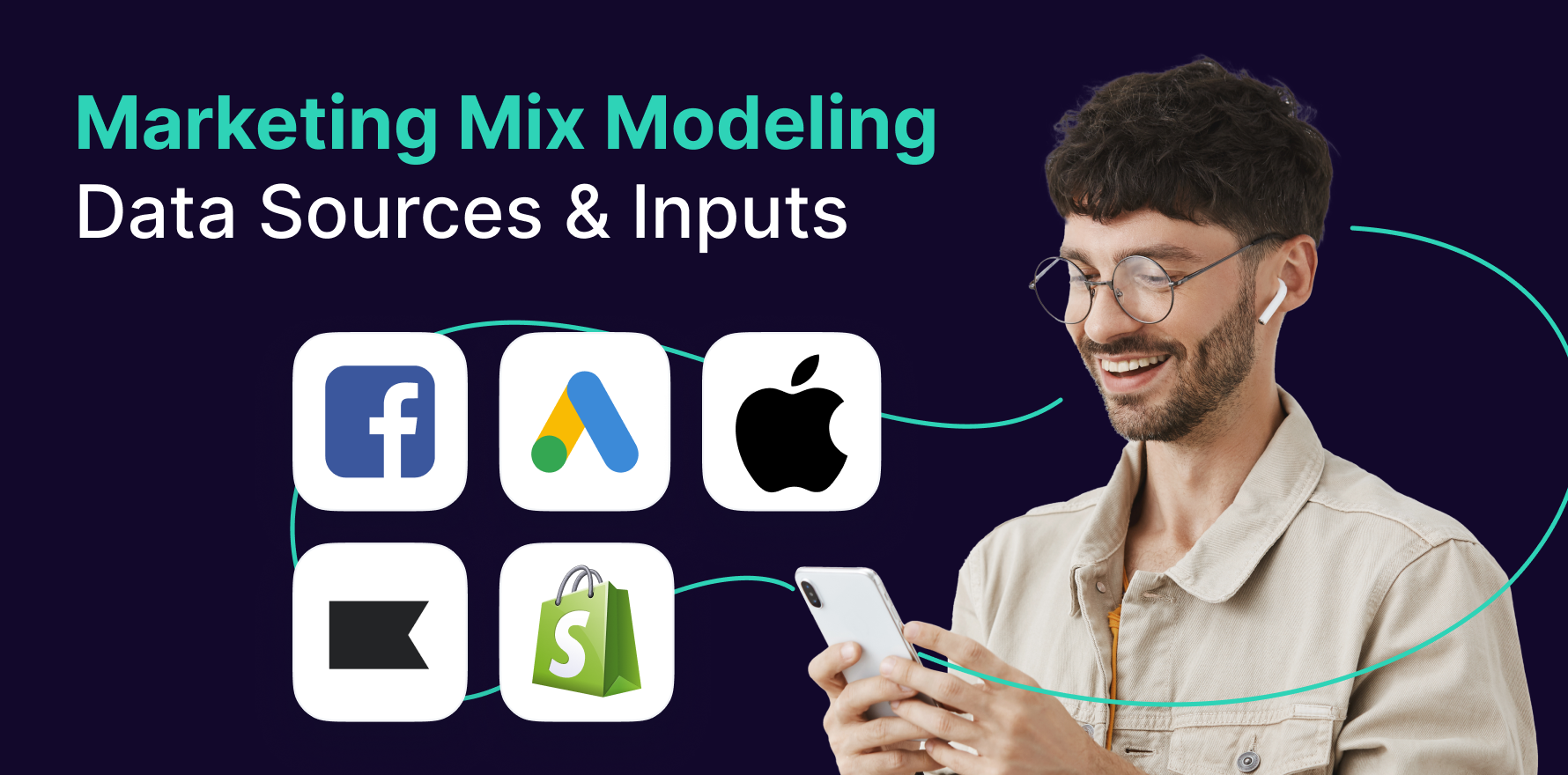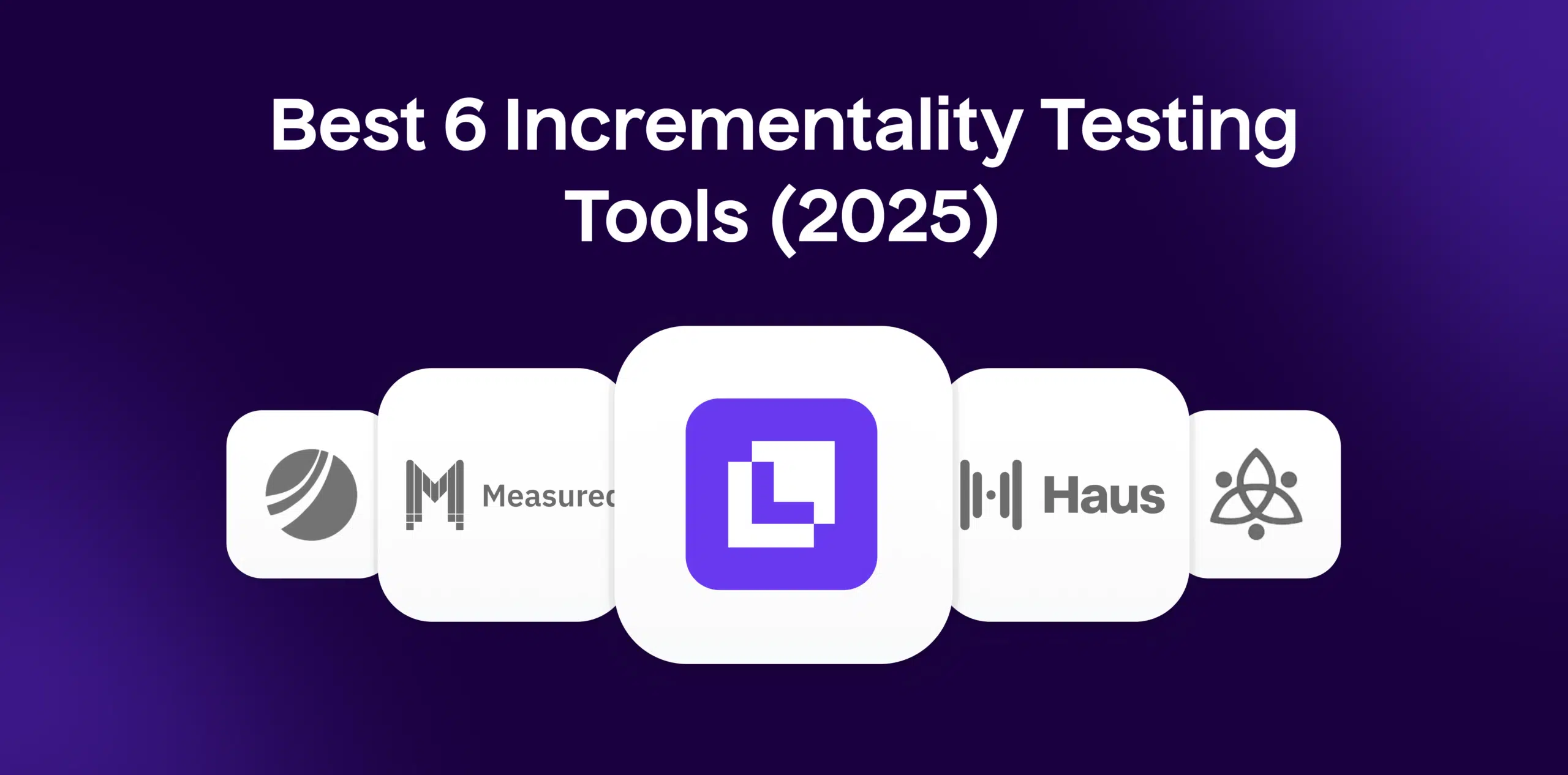What is Advertiser?
The advertiser in ecommerce encapsulates a broad spectrum of roles from big corporations to individual business owners who use marketing strategies to highlight their products or services. They utilize several advertising mediums ranging from search engine advertising, social media advertising, content marketing, email marketing, mobile advertising, and more.
Advertisers play a vital role in driving brand visibility, fostering customer relationships, and enhancing sales prospects. They leverage data-driven advertising strategies, consumer behavior profiling, and purchasing patterns. These processes involve a closer examination of various ecommerce metrics including click-through rates (CTR), conversion rates, customer acquisition costs (CAC), customer lifetime value (CLV), and more.
Formula
The performance of advertising efforts can often be measured through the formula:
Advertising ROI = (Gross Profit – Advertising Cost) / Advertising Cost
Example
- For instance, if an ecommerce store invests $500 in Google Ads and generates a profit of $2000, the ROI can be calculated as:
- ROI = (2000-500)/500 = 300%
Why is Advertiser important?
The advertiser plays a vital role in the ecommerce ecosystem. They amplify brand awareness, engage audiences, drive user acquisition, and fuel conversions and sales. Moreover, effective advertising can enhance customer retention rates, dickey customer loyalty, and boost overall business growth.
Which factors impact Advertiser?
Advertisers can improve their strategies through the following measures:
- Personalization: Tailoring ads to meet individual user preferences can increase engagement and conversion rates.
- Multichannel Approach: Leveraging multiple platforms can help reach a wider audience and drive better results.
- A/B Testing: This will help in understanding what works best for the targeted audience.
- Data-Driven Decisions: Make use of analytics to steer campaigns.
How can Advertiser be improved?
Several factors impact the effectiveness of advertising campaigns:
- Budget Constraints: Limited budgets can hinder the reach and effectiveness of campaigns.
- Market Competition: A saturated market may necessitate higher spending to stand out.
- Ad relevancy: The effectiveness of an ad relies heavily on its relevance to its audience.
- Platform Algorithm: Changes in platform algorithms may affect ad visibility.
What is Advertiser’s relationship with other metrics?
Advertisers need to take into account various ecommerce metrics to gauge campaign performance. These metrics include customer acquisition cost (CAC), lifetime value (LTV), and overall return on investment (ROI). For example, if the CAC is high, advertisers need to rethink their campaign to reduce costs and increase ROI. Similarly, understanding customer LTV can help in formulating strategies for customer retention.
Free essential resources for success
Discover more from Lifesight















